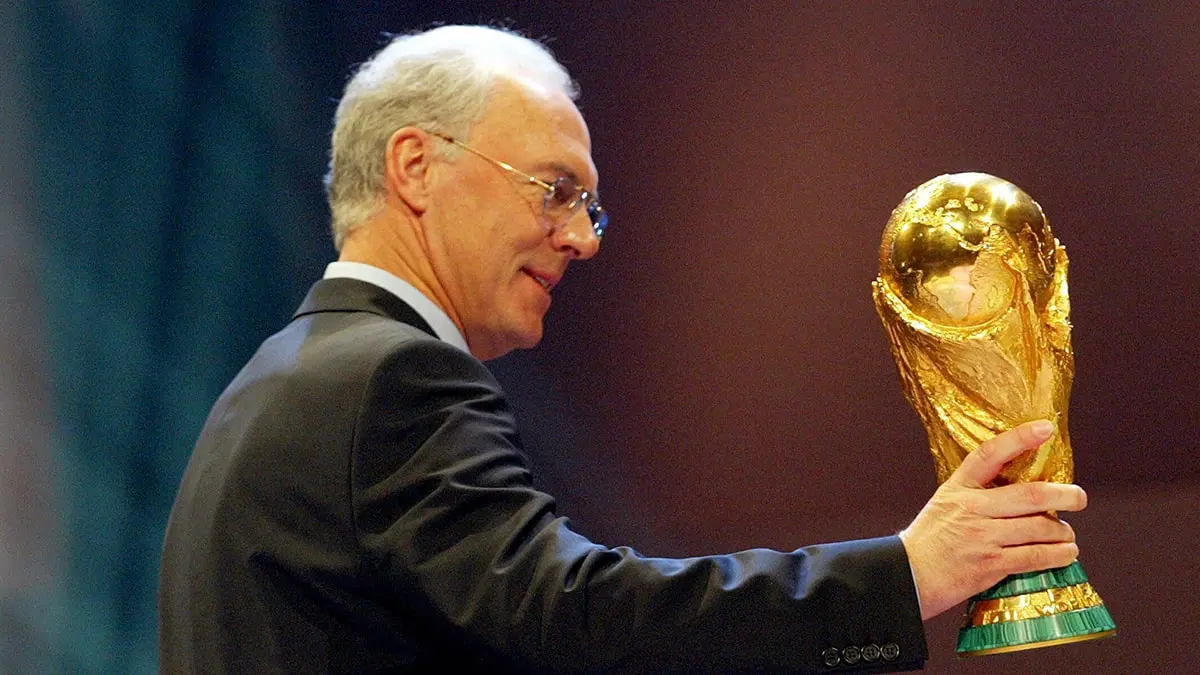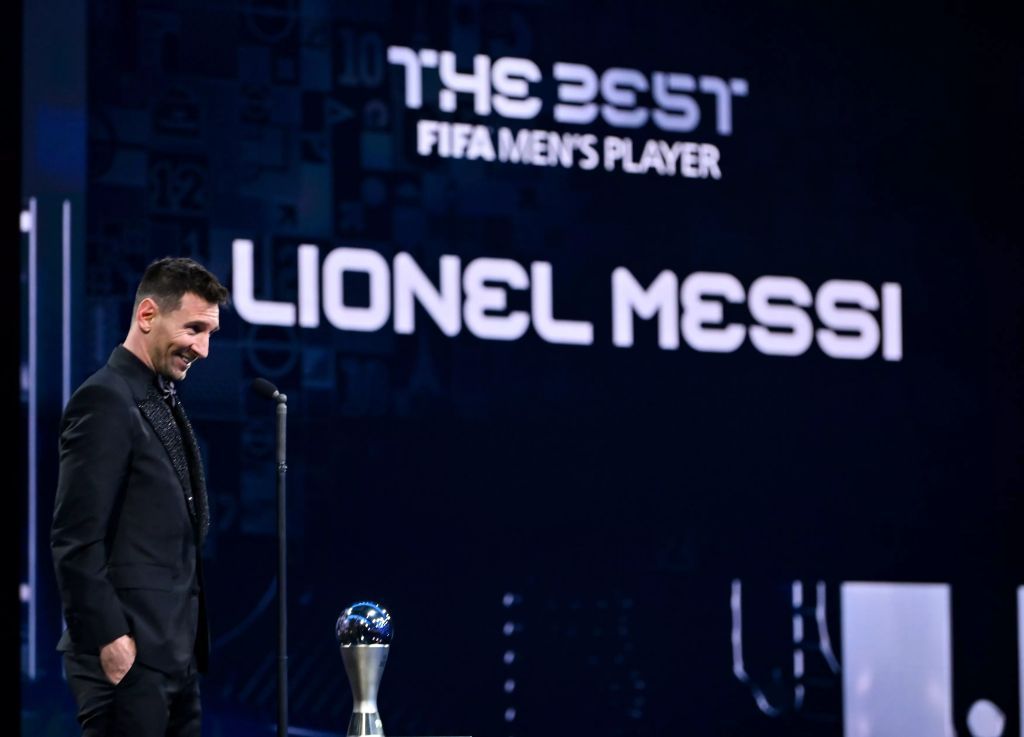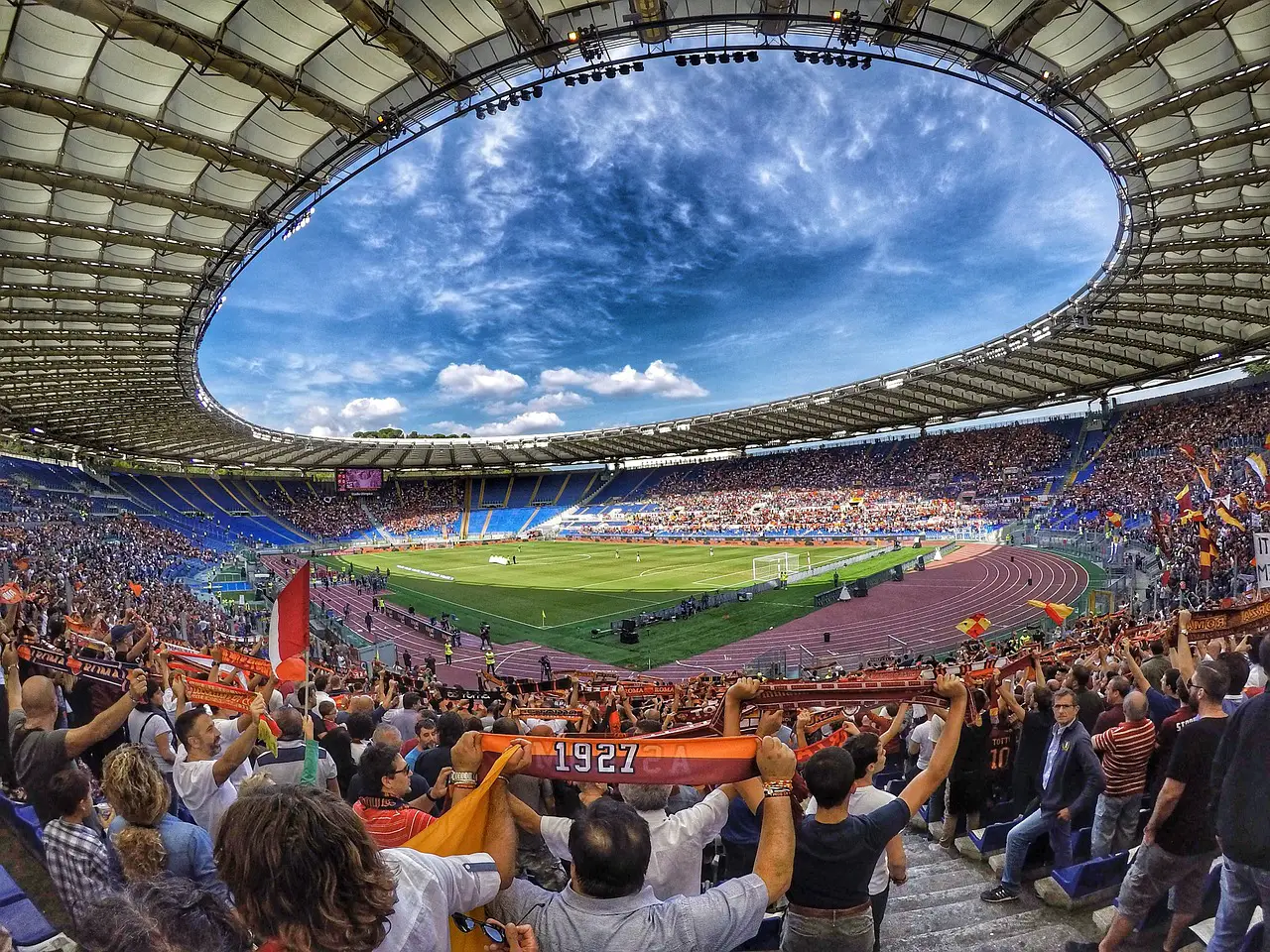Franz Beckenbauer, the German football icon revered globally as one of the sport’s greatest players, has passed away at the age of 78. His family confirmed that the World Cup champion, affectionately known as ‘Der Kaiser’, died peacefully in his sleep on Sunday, surrounded by loved ones. Beckenbauer’s death marks the end of an era in football history, leaving behind a legacy that transcends generations.
Born in post-war Munich in 1945, Beckenbauer rose to prominence with Bayern Munich, joining the club in 1964. Over his career, he played in more than 400 matches, establishing himself as one of the team’s all-time greats. Initially starting as a forward, Beckenbauer’s transition to defense before the 1974 World Cup was pivotal, leading to four league championships and three European Cups with Bayern.
Beckenbauer’s international career was equally illustrious. He earned 103 caps for Germany, winning the 1974 World Cup as a player and again in 1990 as the national team’s manager. His achievements also include a European Championship victory in 1972. Beckenbauer’s style of play revolutionized the role of the sweeper (libero), combining defensive prowess with skillful ball control and playmaking.
After his time with the German national team, Beckenbauer went on to achieve success with French club Marseille, winning a league championship, and returned to Bayern Munich to secure a Bundesliga title and a UEFA Cup victory. In 1994, he took on the role of club president, a position he held until 2009, when he passed the baton to Uli Hoeness.
Beckenbauer’s influence extended beyond the pitch. He played a significant role in the German Football Association and was instrumental in bringing the 2006 FIFA World Cup to Germany. However, his involvement in the tournament was later scrutinized, leading to investigations over allegations of fraud and money laundering related to the World Cup bid. These investigations, which ended without a verdict in 2020 due to the statute of limitations, cast a shadow over his later years, but did little to diminish his status as a footballing legend.
On the field, Beckenbauer was known for his elegance, tactical intelligence, and the ability to read the game, which made him a standout player of his generation. His transformation from a forward to a sweeper was not just a personal evolution but also a tactical innovation that changed football. Beckenbauer’s mastery in this role was evident in his ability to orchestrate play from the back, seamlessly transitioning defense into attack.
His club career, predominantly with Bayern Munich, was marked by numerous successes. Beckenbauer captained Bayern to multiple Bundesliga titles and led them to three consecutive European Cup victories in the mid-1970s. His time at Hamburg also saw him lift the Bundesliga trophy in 1982. These achievements cemented his status not just as a Bayern legend but as a German football icon.
Beckenbauer’s impact extended to the North American Soccer League, where he played for the New York Cosmos alongside Pelé. His presence in the league was a testament to his global appeal and his role in popularizing football in the United States.
As a manager, Beckenbauer continued his winning ways, leading West Germany to the World Cup final in 1986 and then to victory in 1990. This achievement made him one of only three men to have won the World Cup as both a player and a manager, a feat that underscores his comprehensive understanding of the game.
Tributes have poured in from across the football world. Current Germany manager Julian Nagelsmann praised Beckenbauer as “the best footballer in German history,” noting his unique interpretation of the libero role. Former England striker Gary Lineker remembered him as “the most beautiful of footballers who won it all with grace and charm.” Bayern Munich and Germany forward Thomas Muller expressed sorrow, stating, “One of the greatest footballers in the club’s history has unfortunately left us.”
Beckenbauer’s legacy extends beyond his achievements on the pitch. He was a visionary who shaped modern football, bringing a unique blend of grace, tactical acumen, and leadership to the sport. His contributions to Bayern Munich, the German national team, and football as a whole have left an indelible mark.
As the football world mourns the loss of Franz Beckenbauer, it also celebrates the life of a man who was much more than a footballer. He was a symbol of the sport’s beauty and intelligence, a player who redefined his position, and a leader who inspired generations. Franz Beckenbauer’s name will forever be synonymous with football excellence, and his memory will continue to inspire future generations of footballers and fans alike.













